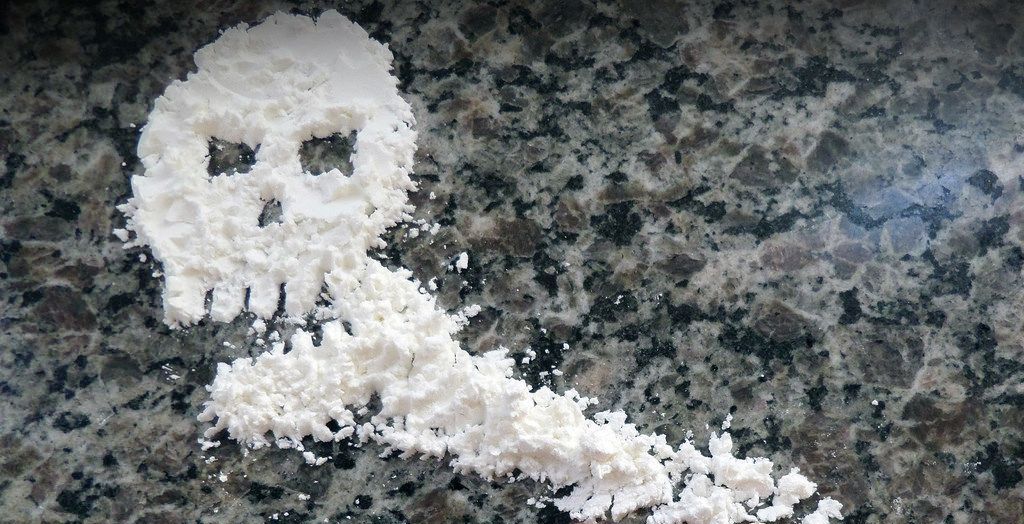Teenage Cocaine Abuse
[vc_row][vc_column][vc_column_text]The adolescent brain is in an on-going state of evolution, and the use of drugs disrupts the development of the brain, it’s evolution, and its functions. Adolescent risk-taking normally peaks during the teen years, but sensation-seeking and impulsive actions are heightened when introduce drugs such as cocaine. Cocaine use among teens can impair their rational decision-making and judgment abilities in the brain, putting pre-frontal cortex grey matter into decline.1 Simply put, teen brains on cocaine are likely to lead to risky behaviors ranging from STDs & pregnancy to emotional lows including depression and suicidal ideation.2 Teenagers who have been using cocaine or any drugs regularly for any extended period of time may require treatment in order to avoid extreme danger. A teen treatment center, with knowledgeable addiction-prevention staff members, can help prevent the teenager from becoming or remaining dependent on substance-use to emotionally self-regulate.
Cocaine produces physiological and physical responses in the body. It elevates risk of death by cardiovascular toxicity in the form of irregular heartbeats, constriction of the veins, heart attack, or stroke up to weeks after a teen has consumed cocaine recreationally.8
It is a sad fact that teenagers who use cocaine cause extensive physiological damage to their brains.5 Teens using cocaine can become impaired and are often unable to perform duties that require high-level cognitive processes over automatic responses.6 Driving, in particular, can become a terrifying risk for both adolescents and their parents when drugs are involved. Cocaine users also have decreased abilities to inhibit themselves when required to do so, and they have an increase in impulsivity coupled with an inability to delay rewards.7 This can lead to potentially dangerous acting out emotionally, physically, or sexually, in a variety of ways.
Teens have serious difficulty with error-processing behaviors when they use drugs, especially cocaine.3 People who use cocaine regularly notice that their brain, while on cocaine, acts as a reinforcing agent to continue to seek cocaine again and again. Teenagers with a high baseline rate of cocaine use have a difficult time breaking this habit of addition on their own, without help.4 With proper rehabilitation treatment, there is always a light ahead and an opportunity for a new understanding on how to relinquish a dependence on cocaine or any other drug.
There are adaptive interventions available for teenage cocaine abusers that may be beneficial to teens quitting cocaine use altogether – and when used in a teen treatment center environment, these interventions can be quite beneficial.9 If an adolescent who is utilizing cocaine is exhibiting disruptive or dangerous behaviors that cause them to be unable to function healthily and safely in daily life, or cause the same disruption to the family unit, a residential level of care may be necessary.
At Ascend Healthcare, we utilize a number of adaptive interventions to help teens achieve success for drug abuse prevention, relapse prevention, and mental health treatment. Individual needs are assessed on a biological, psychological, and sociological basis, and highly individualized treatment plans are created to produce the best possible results. If you or a teen you know are using cocaine, please feel free to reach out to our admissions specialists to speak about the best course of action to take and how best to help a teenager to move forward in a healthy direction. It is never too late to get help.[/vc_column_text][vc_column_text]
- Jones et al, 2013, p. 687.
- Jones et al, 2013, p. 687.
- Castelluccio et al, 2014, p. 87.
- Castelluccio et al, 2014, p. 87.
- Narayana et al, 2014, p. 220.
- Jones et al, 2013, p. 687.
- Jones et al, 2013, p. 687.
- Graziani et al, 2017, p. 1.
- Grant, 2013, p. 1.
[/vc_column_text][/vc_column][/vc_row]



